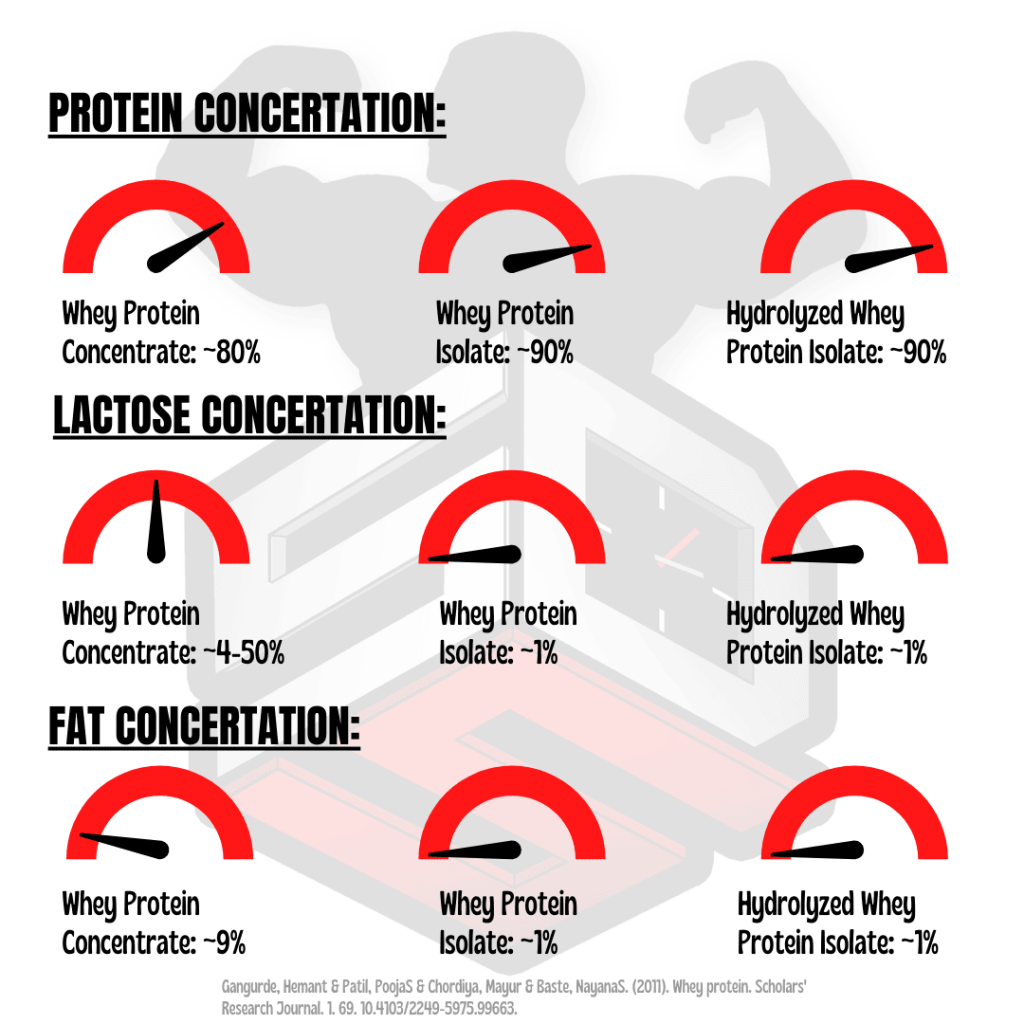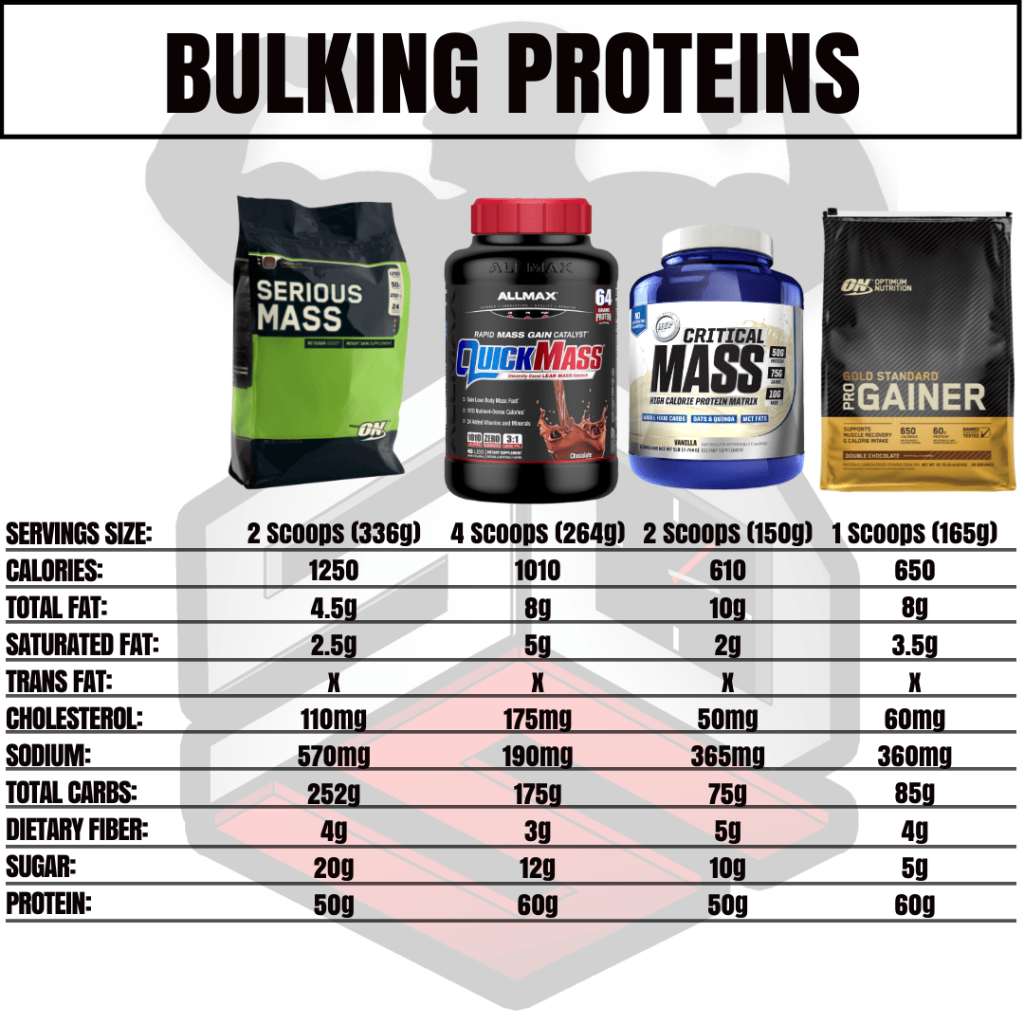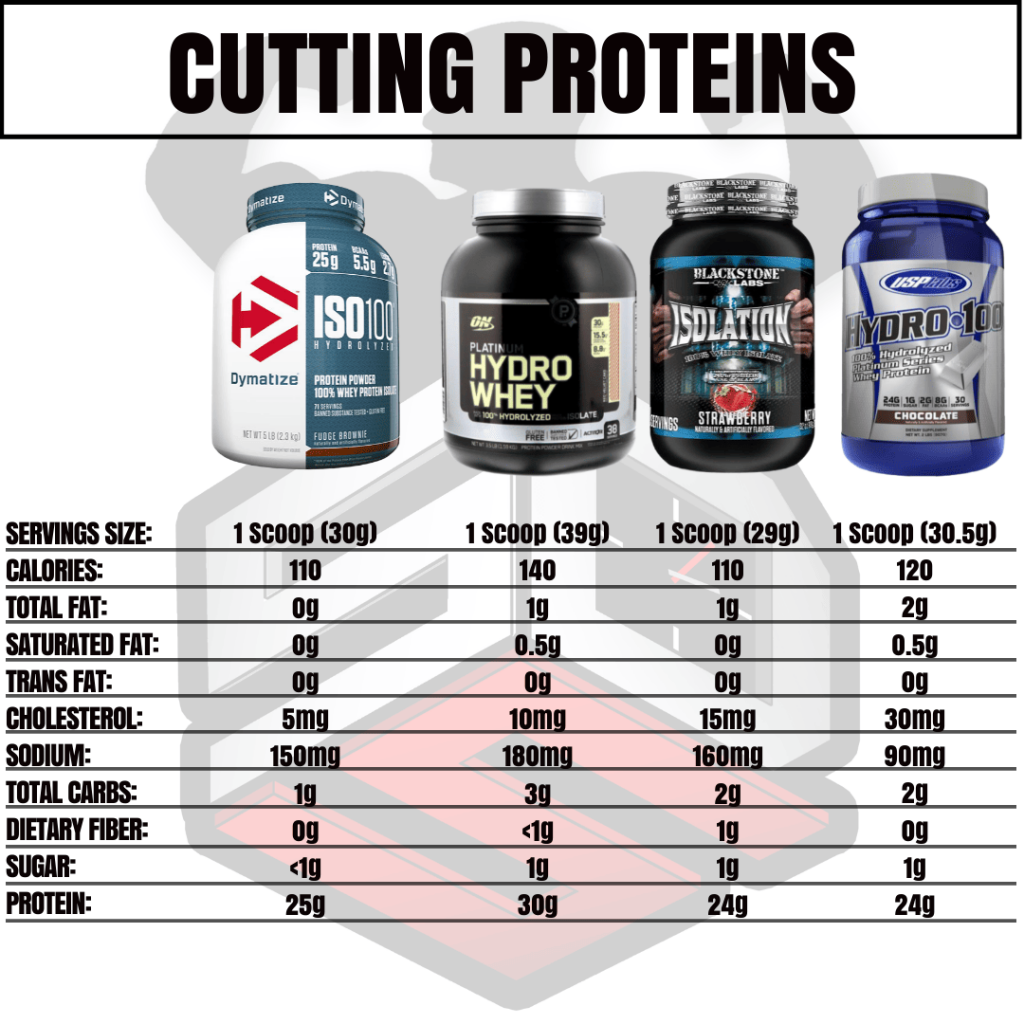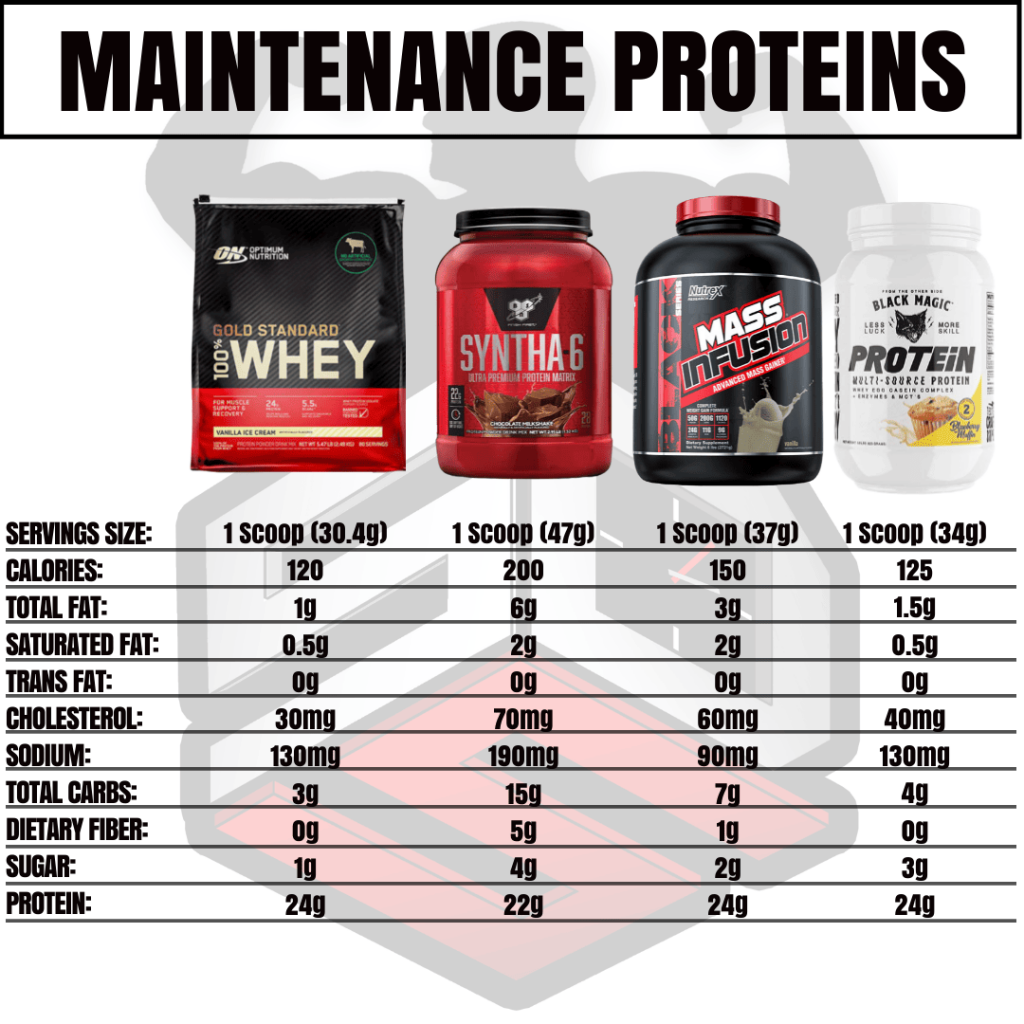What Is Whey Protein | Whey Protein Concentrate | Whey Isolate VS Whey Hydrolysate | Benefits | Which Protein Powder Is Best For
The post Whey Protein| What Is It And Can You Benefit From It Today? appeared first on Supplement Reviews Blog.
What Is Whey Protein | Whey Protein Concentrate | Whey Isolate VS Whey Hydrolysate | Benefits | Which Protein Powder Is Best For You | FAQs | Side Effects And Warnings | Disclaimer
If you’re looking to lose weight, build muscle, or maintain your physique, protein is essential for your diet. Luckily, between food sources and supplemental sources, you have a wide variety of options to fill your macronutrient requirements. The most popular protein supplement chosen by bodybuilders and everyday gym-goers is protein powder. And like your individual routine, there are various forms of protein powder that can suit your lifestyle. These forms include whey protein, casein protein, beef protein, and vegan/plant-based protein.
![]()
What Is Whey Protein?
Whey is a product of milk, but there are two protein derivatives from milk; whey and casein. Here, whey is the liquid product made during cheese and curd production. Where whey protein is more soluble than casein and also highly bioavailable. Because of it’s bioavailability, whey is a great option for individuals looking to increase their protein intake. Casein, on the other hand, makes up the other 80% of protein in milk and is often considered to be the slowest acting form of protein because it takes longer than whey or soy protein to digest.(1,2) But again, there are several forms of whey protein for different lifestyles. Some of the other versions of whey include Whey Concentrate, Whey Isolate, and Whey Hydrolysate. Each option can be better suited for specific purposes such as cooking and baking, travel, or even specific goals.
![]()
What is Whey Concentrate?
Whey concentrate is typically the cheapest form of whey protein. During the production of whey concentrate, the curd and whey separate, leaving the whey for the next step; filtration. The filtration process for whey concentrate brings the mixture to about 80% protein. This process can and will continue for a higher percentage of protein (for Whey Isolate and Whey Hydrolysate). The other 20% of this mixture will contain other nutrients, such as fats and carbohydrates.(2)

![]()
Whey Isolate VS Whey Hydrolysate:
As mentioned above, the filtration process for the whey protein to get a higher percentage of protein will continue in different forms of protein powder. For Whey Protein Isolate, the protein percentage will be around >90%, which is why this is considered the purest form of whey protein. The higher protein content means fewer other nutrients; such as lower sugar and carbs. Additionally, this form of whey may be better for people with lactose sensitivities. However, this option may not be the best for lactose-intolerant people with more severe symptoms. Instead, we would recommend beef protein or a plant-based protein. Similarly, whey hydrolysate is higher in purity than whey concentrate. Hydrolyzed Whey Protein contain partially hydrolyzed or predigested whey proteins. The hydrolyzation process supports absorption of this protein form. Because of this, hydrolyzed whey may be less allergenic than other forms of whey. (2)
![]()
What Are The Benefits?
Supplementing with whey protein has several benefits, such as: (2)
- Enhance GSH Production
- Decrease Muscle Soreness
- Stimulate IGF4
- Reduce Cholesterol
- Promote Digestive Function
- Support Blood Pressure
One of the most apparent benefits from whey protein promoting muscle growth and repair. However, whey protein also can aid in fat burning, help with reducing cravings, and can boost your overall immunity. Adding whey to your diet can help regulate both ghrelin and leptin (the hormones controlling appetite), which can aid in preventing snacking out of boredom. Because whey protein promotes glutathione synthesis, it can also support boosting your immune system. (3,4)
![]()
Which Protein Powder Is Best For You?
When selecting the best protein for yourself, you should keep things in mind, like your diet. Other factors that play a role in the selection include how often and when you would take a protein supplement, price range, and dietary needs. So shopping around for a quality protein supplement can be difficult, especially when you’re unsure what you need. To help you navigate the different types of protein powders, here are some key things to look for depending on your goals.
Protein For Bulking:

If you’re looking to gain weight, eating at a calorie surplus is necessary. However, if you struggle to get in meals, a weight gainer protein may be the best option for increasing your calories. You may want to look at the calories per serving VS protein per servings for these products. For reference, protein has around four calories per gram. So if your goals are to have more of a lean bulk, look for a weight gainer with a higher protein per serving. Most weight gainers will contain high carbs and fat, this can be from sugar like dextrose, but it depends on the product.
Some of our favorites in this category include:
- Optimum Nutrition Serious Mass
- AllMax Quickmass
- Hi-Tech Pharmaceuticals Critical Mass
- Optimum Nutrition Pro Gainer
Protein For Weight Loss/Cutting:

If you’re looking to tone up or get shredded, protein is still essential for your diet. Again this means looking at your calorie to protein ratio. For this category, you may prefer an Isolate or Hydrolysate protein. These protein options are high in protein while staying low in carbs and fats. This ratio of macronutrients helps maintain low calories.
Some of our favorites in this category include:
Protein For Maintenance:

Whey protein concentrate is perfect if you’re looking to get more protein in your diet without a specific physique goal. However, this option may be unfavorable for individuals with lactose sensitivities. When looking for the perfect whey concentrate protein, price and flavor likely hold the most significant weight in your criteria checklist.
Some of our favorites in this category:
- Optimum Nutrition Gold Standard Whey
- BSN Syntha 6
- Black Magic Supply Multi-Source Protein
- Nutrex Muscle Infusion Black Protein
Whey Protein FAQs:
In this section, we’re tackling down some of your top frequently asked questions about whey protein!
How Much Whey Protein Is Too Much? |
|---|
| Most research studies agree that a range of 0.8-1.5 g/kg/day or 15%-20% of the total energy content is optimal for protein intake. However, there may be variations depending on individual goals. (5,6) However, other research suggests daily needs for older adults may be around ≥1.0 g/kg. This research also identifies anabolic and metabolic benefits to consuming at least 20–30 g protein at a given meal. (7) |
Whey Protein VS Casein: |
| Like whey protein, casein is a type of milk protein. However, unlike whey protein, digestion for casein is a much longer process. Because of the duration it takes to digest casein, its often referred to as a “time-released” protein, where synthesis of proteins may peak after roughly 3 to 4 hours. Typically, casein is taken at night before bed for this reason and research suggest it may help improve sleep. (8,9) |
Does Whey Protein Cause Hair Loss? |
| There is currently no scientific evidence that suggests whey protein can cause hair loss.† |
Can I Take Whey Protein If I Don’t Workout? |
| Yes! While whey protein is often promoted towards athletes and gym-goers, you don’t need to workout to benefit from whey protein. This can be a great option for individuals who travel often and are looking for protein on the go. However, you are not likely to see the muscle growth and recovery benefits from protein alone. † |
When Should I Take Protein? |
| While you take whey protein whenever you feel is the most convenient, research suggests taking protein the evening after training and following morning can help with maintenance of whole body protein balance over the 24 h recovery period. (10) |
![]()
Final Thoughts!
And this marks the end of our post on Whey Protein Powder. Thank you for reading! And as always, if there was something that wasn’t clear, another question you might have, or if you have another idea for a blog, Email Us!
Are you looking for more to read? Checkout our other blogs!
- Natural Testosterone Boosters Guide
- The Best Tongkat Ali Supplements For You
- How To Build Muscle With Turkesterone
- Creatine 101
- What Is NAC?
![]()
Warnings And Side Effects:
Keep out of reach of children. Contains Milk and Soy (Lecithin) ingredients. Store in a cool, dry place.
![]()
Disclaimer:
†PLEASE NOTE: The intention of the information provided is for reference only. Furthermore, we are in no way providing medical advice or instruction. Instead, the information provided in this guide/blog utilizes anecdotal information and available studies/reviews. While our goal is to maintain and display accurate information, we can’t guarantee it represents the latest formulation of the product or information. Therefore, please visit the manufacturer’s website if you have any concerns. Also, the information above does not represent our views here at Same Day Supplements. Instead, these are the views and information provided by the manufacturers and users. The Food and Drug Administration has not evaluated these statements. Finally, the intention of these products is not to diagnose, treat, cure or prevent any disease or illness.
The post Whey Protein| What Is It And Can You Benefit From It Today? appeared first on Supplement Reviews Blog.






